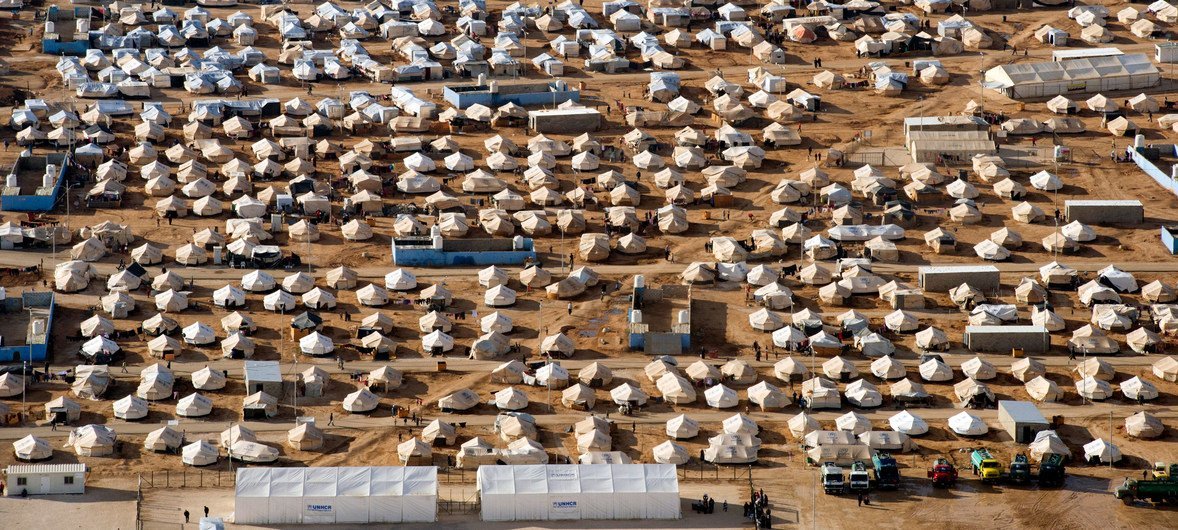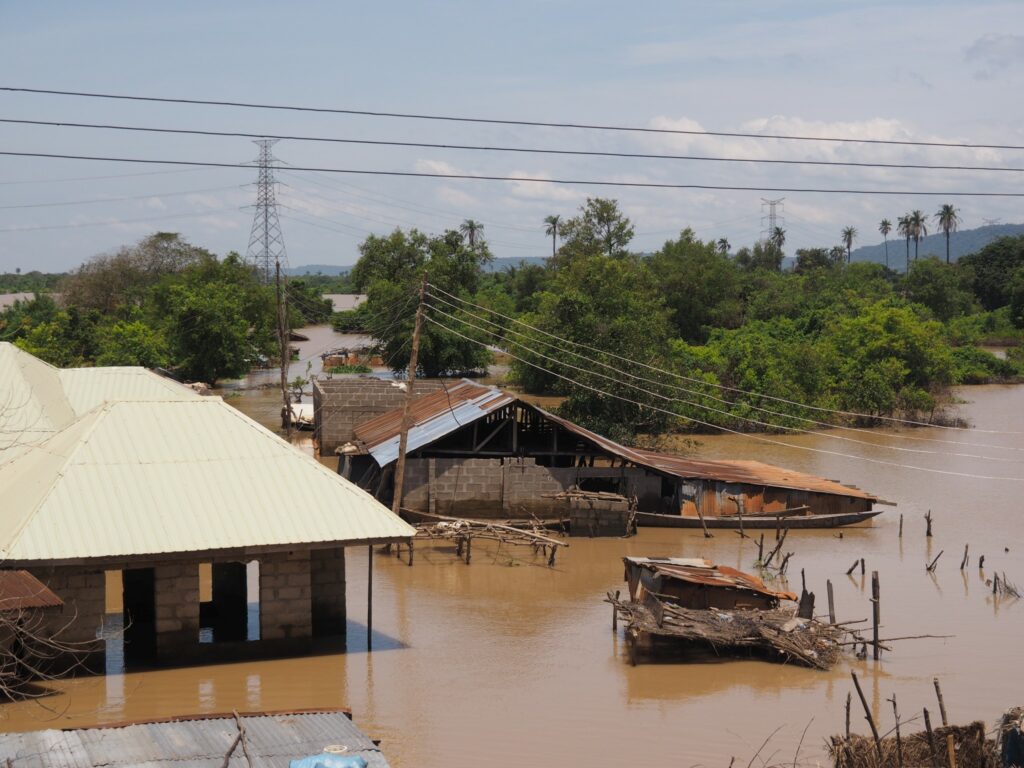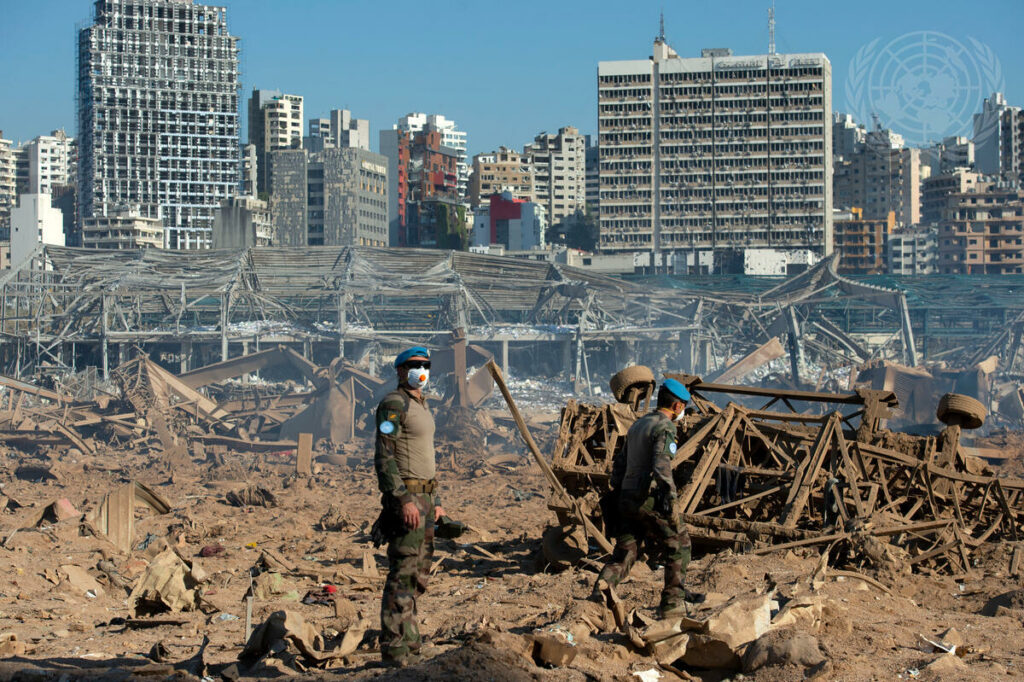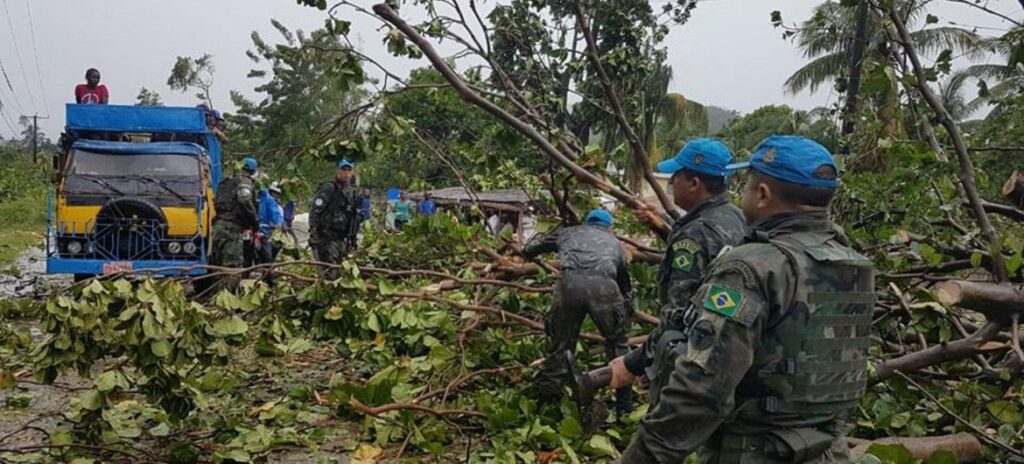The Syrian civil war, which erupted in 2011, triggered one of the most significant displacement crises in recent history. Millions of Syrians fled their homes, seeking safety in neighboring countries like Jordan. Among the camps established to host refugees, Azraq Refugee Camp became a cornerstone of Jordan’s response to the crisis. Located in the desert, Azraq is designed to provide a safe haven for tens of thousands of Syrians who have lost everything.
In 2014, the International Humanitarian Partnership (IHP) played a critical role in enhancing the camp’s operational capacity. Responding to a request from UNHCR, IHP supported the construction of 80 office spaces and meeting rooms in the camp. These facilities became the backbone of humanitarian coordination, enabling organizations to collaborate effectively and deliver vital services to camp residents.
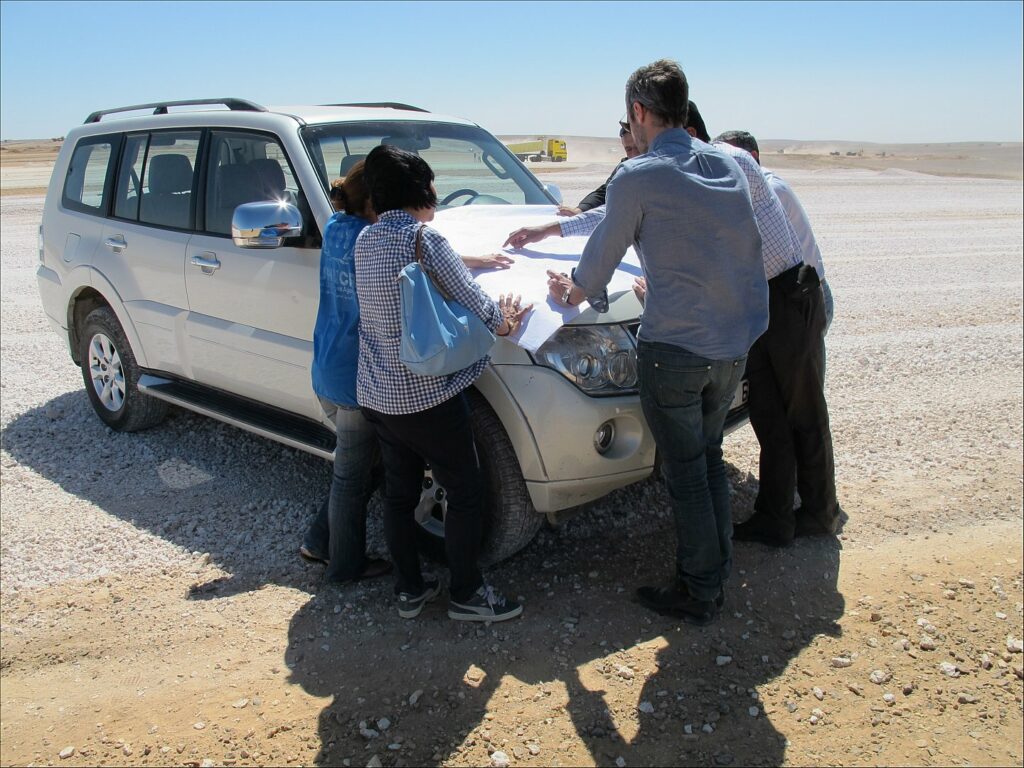
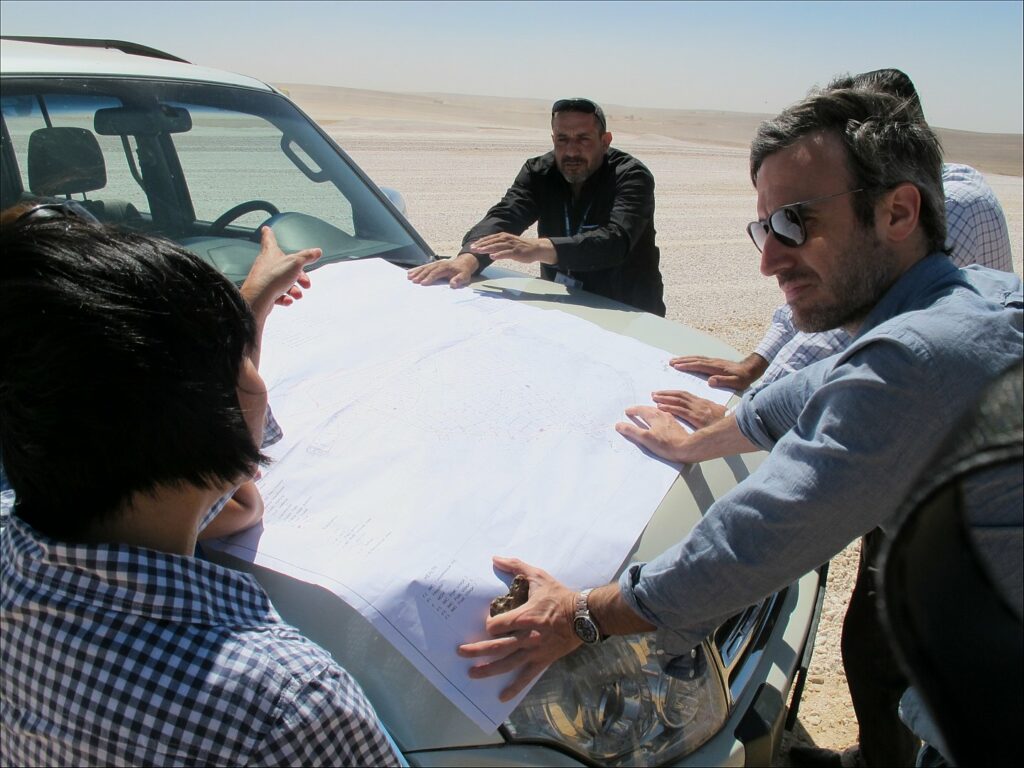
Today, Azraq Refugee Camp is home to approximately 40,000 Syrian refugees. Known for its organized layout and emphasis on sustainability, the camp features schools, health centers, communal kitchens, and solar-powered electricity. The offices established with IHP’s support remain essential, facilitating the work of humanitarian agencies and ensuring the smooth delivery of aid and services to refugees.
While Azraq offers safety and basic services, the refugees’ long-term needs underscore the enduring nature of the Syrian crisis. IHP’s involvement highlights the critical importance of strong partnerships in building infrastructure that not only addresses immediate needs but also provides a foundation for resilience and hope in the face of ongoing challenges.
Cover Photo Credit: UN Photo/Mark Garten
